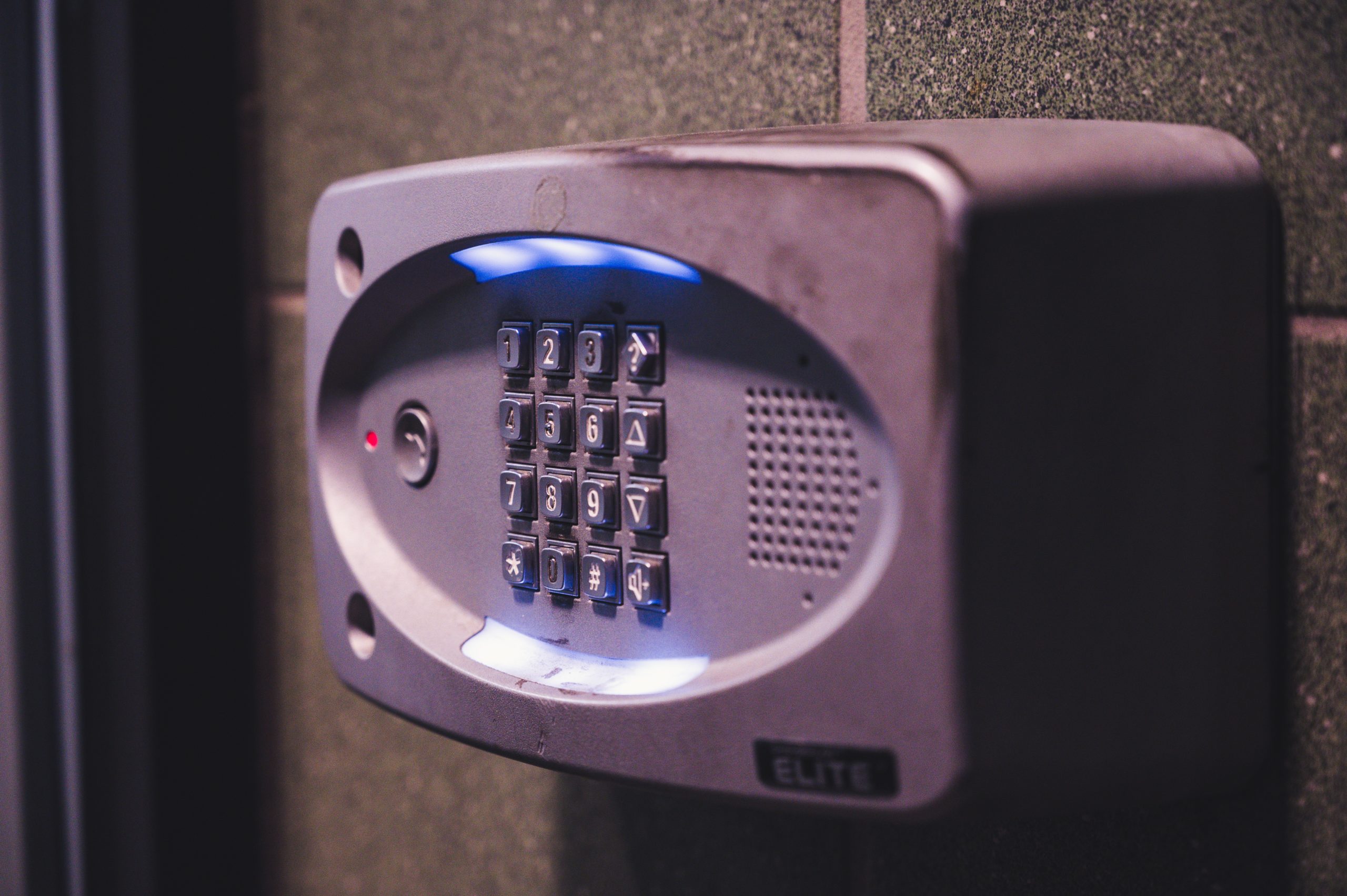Security systems are often the first line of defense against property crime and potentially crushing expenses. That puts security alarm technicians in high demand. If you want to pursue this career path, it’s important to know the trade’s training, education, and certification requirements.
According to the National Electrical Contractors Association (NECA), 33 states currently have licensing requirements for professionals engaged in low voltage installations, including security alarm systems. 19 of those states specifically regulate security alarm installers. And while states can implement statewide regulations, your local jurisdiction – be it a city or county – can also implement its own licensing requirements. So the best way of knowing what the licensing regulations are where you live is to check with your local regulatory agency or local chapter of the International Brotherhood of Electrical Workers (IBEW). Some jurisdictions may refer to licensing as “certification.”
Just how widely can these requirements vary? Some areas require that security alarm technicians earn a full electrician license. This starts with an apprenticeship, which can last between four and six years. While an apprentice, electricians complete an education program of up to 1,000 hours in length before progressing to hands-on experience. As apprenticeships near completion, license candidates take a test to qualify for the next level: journeyman. Journeymen can usually perform tasks independently working as part of a team that, among other things, installs security alarm systems.
On the other end of the spectrum, you may find you don’t need to meet any licensing requirements in your area. Most areas fall somewhere in between.
In addition to meeting required government regulations, as a security alarm installer, you also need to pay attention to what the industry demands. Even when it isn’t required by law, employers may require:
- An associate’s or bachelor’s degree in a related field;
- Some type of electrician license (even if not required by regulations);
- Professional certification from an independent national certifying body; or
- Professional certifications specifically for security alarm installers.
One way to fulfill multiple qualifications at once is attaining a national certification that you can present to prospective employers. Depending on your jurisdiction, they may also fulfill education or training requirements where you live. National certifications for security alarm installers are offered by private organizations across the United States, and each has its own certification policies. Regardless of specific organizational requirements, these certifications involve completing a training course, often offered online, and then passing a final exam.
Check with your local jurisdiction’s regulatory agency to find out whether national certifications can fulfill your licensing requirements, or if they are an optional credential.
Some of the most popular national certification organizations offering security system certification programs include:
- The Electronics Technicians Association (ETA);
- The National Institute for Certification in Engineering Technologies (NICET); and
- The Electronic Security Association (ESA).
Are You Ready to Take the Next Step as a Security Alarm Installer?
TradeSTAR works with top employers with several offices across Texas for your convenience. If you’re on the hunt for a technician opportunity, contact our team today or browse our online job search portal.

